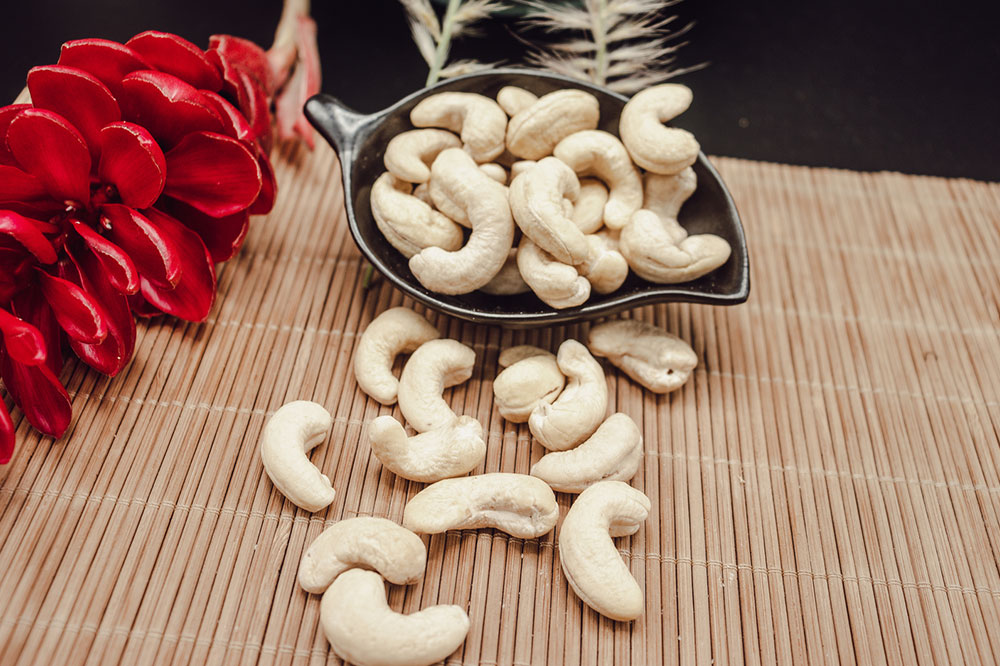
7 Nutrition Tips for Ulcerative Colitis Patients
Ulcerative colitis is a chronic disease. The uncertainty of its symptoms, the lack of a cure, frequent trips to the bathroom, and the inability to participate in routine social activities due to flare-ups can affect one’s professional and personal life. That said, following a healthy diet is the key to managing the symptoms and leading a quality life with the condition. Here are some eating tips for patients with ulcerative colitis:
1. Follow a balanced diet
We cannot stress enough that a balanced diet is a leading contributor to boosting a person’s overall health. A simple eating tip for ulcerative colitis patients is to include a variety of foods like fruits, vegetables, and lean meat and ensure that meals are not high on just one food group.
2. Eat smaller meals
Eating large meals can trigger discomfort and urgent bowel movements, so it’s best to have smaller portions more frequently, especially during a flare-up. One can opt for a fruit or safe snack to satisfy hunger pangs and have five to six small meals instead of three full meals. This can help one in the long run, even in the disease’s inactive periods.
3. Drink plenty of water
The body is likely to lose fluids during a flare-up or with frequent bouts of diarrhea. Dehydration can lead to unnecessary complications that can easily be prevented by drinking plenty of water.
4. Meal ideas
One can talk to doctors and dieticians to formulate a meal plan with healthy food that they can follow during and after a flare-up. It’s also advisable to keep some of the required ingredients in one’s pantry, as flare-ups cannot be predicted. Fruit cups with cottage cheese, hard-boiled and scrambled eggs, yogurt smoothies, baked salmon, and grilled chicken are some safe foods. An effective eating tip for ulcerative colitis patients is to maintain a record of what they eat and identify any triggers that they should avoid.
5. Diet plans
Dieticians have charted out multiple diet plans that one can follow during a flare-up, recovery, and an inactive phase. A low-salt diet, low-fiber diet, lactose-free diet, high-calorie diet, and a Mediterranean diet are some beneficial choices. One can consult their dietician, use their journal, and share with them what triggers or soothes their symptoms for guidance on formulating a customized diet plan.
6. Test new food
When in an inactive phase, one should try prebiotic food to see how it affects their colon. Leeks, artichokes, onions, and dandelion root are some prebiotics one can include in their diet. Another helpful eating tip for ulcerative colitis patients is to start with small quantities to check the body’s tolerance before incorporating new food into their regular diet.
7. Opt for freshly-cooked meals
One should cook their meals at home so that they can monitor and add the right levels of oil, salt, and spice that their body can tolerate. Also, it’s best to avoid take-outs and ensure that one only eats out at places that can cater to their food sensitivities and intolerances, even during inactive phases.



